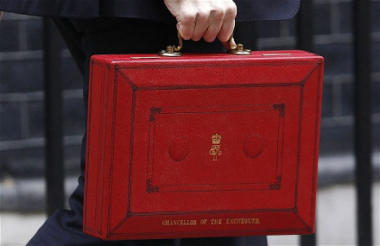International development charities are in line to lose out after the government slashed projected aid spending by almost £900m over the next two years.
The government announced plans to cut official development assistance, or ODA, in the budget document.
“In line with the commitment to spend 0.7 per cent of gross national income on ODA each year, ODA budgets will be adjusted at the Budget to reflect the OBR’s revised forecasts for GNI,” the document said.
“Taking existing plans into account, ODA budgets will be adjusted down by £375m in 2018/19 and £520m in 2019/20.”
Total ODA in 2016 was £13.3bn.
Most aid spending does not go through UK charities, although around £140m a year has gone to charities directly through DfID, and a substantial amount of funding is also channelled to the British Council.
Other measures potentially affecting charities were also announced in the Budget:
Business rates relief
The government is changing the way it handles business rates. It will trial a system of allowing local authorities to retain what they collect, rather than the current system, where rates are redistributed across the UK.
The Charity Tax Group and Charity Finance Group have previously expressed concerns that this will encourage a crackdown on dsciretionary rate relief.
At present charities receive 80 per cent mandatory relief on business rates on property used wholly or mainly for charitable pruposes. Local authorities can provide 20 per cent discretionary relief on the remainder.
However the evidence is that this relief is often not applied, and charity tax experts believe it is less likely to be applied if local authorities receive revenue from rates directly.
In total, rate relief is the most valuable tax relief for charities, worth £1.79bn a year.
VAT registration
The government has frozen the level at which organisations must register for VAT, meaning that more charities are likely to be forced to register. The level is £85,000, meaning that around 40,000 charities are currently registered.
Being registered for VAT means that you can reclaim VAT on purchases that you use for business purposes, but you must charge VAT on services you provide.
Charities pay around £1.5bn in VAT which they cannot recover. A government consultation on VAT is likely to change a number of existing VAT reliefs, and charities have hoped to win a special status for the sector on VAT registration.
Life assurance
The Budget document says “From April 2019, tax relief for employer premiums paid into life assurance products or certain overseas pension schemes will be modernised to cover policies when an employee nominates an individual or registered charity to be their beneficiary.”
As of yet, it is not clear what changes will be introduced or who will be impacted.









